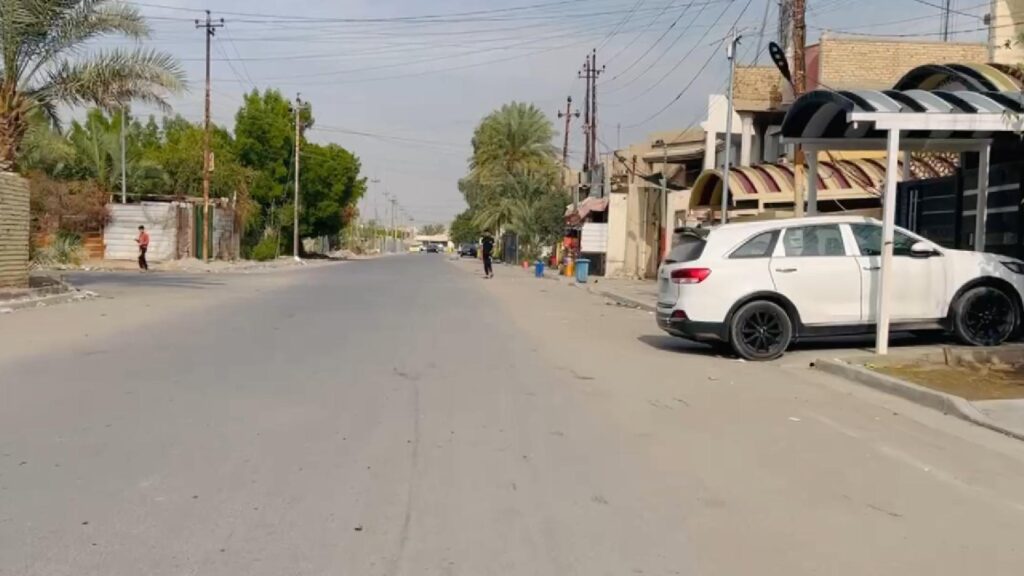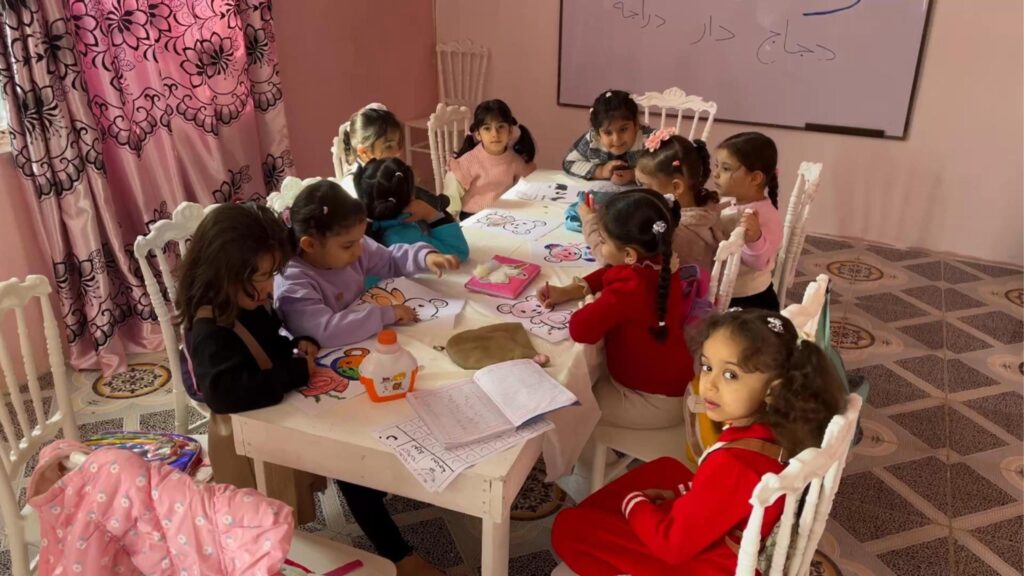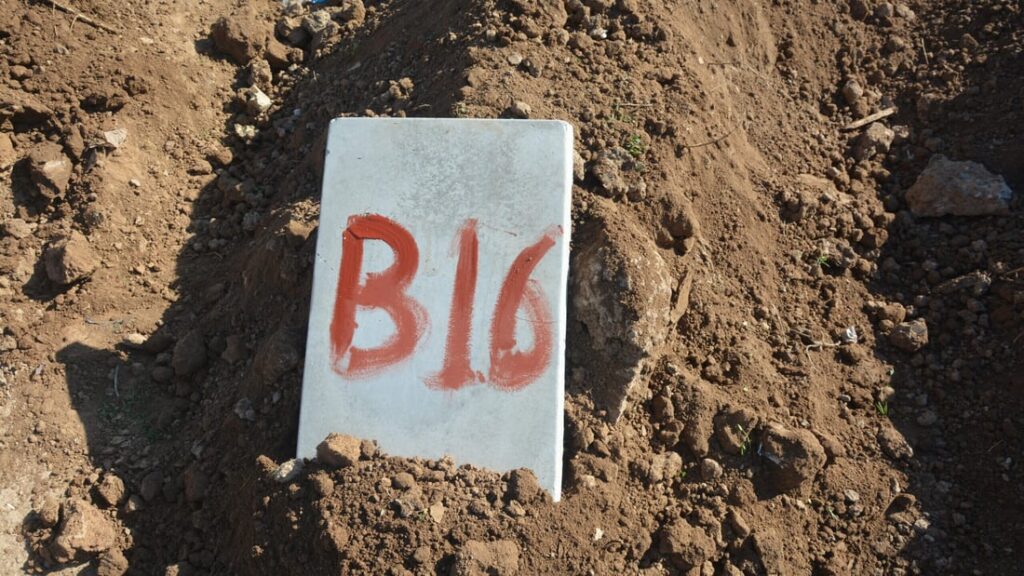$64 million in public funds embezzled in Iraq's Mosul

Iraq's anti-corruption body has accused officials in the northern province of Nineveh of embezzling more than $60 million in public funds, saying the crime was committed after the governor was sacked last month.
According to a statement by the anti-corruption Integrity Commission on Monday, officials from Nineveh, of which Mosul is the capital, had stolen a total of $64 million in public funds.
It added that of this huge sum, nearly $40 million had been allocated to rebuild Mosul, Iraq’s second largest city, which was ravaged by the Takfiri Daesh terrorist group.
Daesh had turned Mosul to its de facto capital in the country from mid-2014 to July 2017, when the city was finally liberated from the grips of the terror outfit, following several months of fierce fighting.
The statement added that the embezzlement occurred in the aftermath of a ferry sinking in the province in March that claimed the lives of more than 100 people.
The tragic incident prompted the parliament to unanimously fire Governor Nawfel Akoub, who has since been on the run, thought to be hiding out in Irbil, the capital of Iraq’s Kurdish region.
The statement did not accuse the governor directly, but said the accused officials were “close to Akoub.”
It added that 14 officials had been arrested earlier this month after the anti-corruption body’s investigation found that “checks and wire transfers of public funds had been made out to the personal accounts of senior officials.”
Of the missing money, “just six million dollars” were recovered by the government, a commission member told AFP.
The Iraqi parliament has been probing accusations of massive corruption among officials in the province, and their results came out amid public anger over the ferry sinking.
Graft is reported to be endemic across the Arab country, which ranks among the world’s worst offenders in Transparency International’s annual Corruption Perceptions Index.
According to Iraq’s parliament, a total of $228 billion has been embezzled by shady politicians and businessmen since 2004, a year after the United States and a group of its allies invaded the country to oust Saddam Hossein, Iraq's former dictator.






